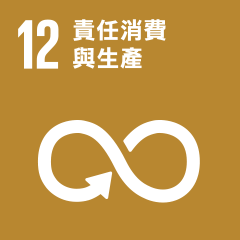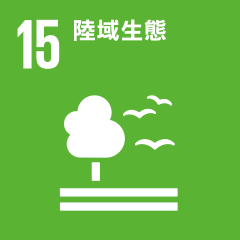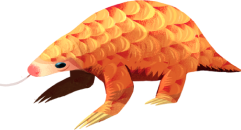

From IPM to ICM – create a path to sustainable agricultural management
To assist farmers to reduce costs, enhance benefits, and move towards a sustainable future that maintains balance among production, life, and ecology, the Agricultural Experimental School focuses on the integrated pest management (IPM) recommended by Food and Agriculture Organization of the United Nations and combines it with integrated crop management (ICM) promoted by U.K to assist farmers in creating a path to sustainable agricultural management from multiple layers of integration methods, including cultivated fields, soil analysis, nutrient solution irrigation, species selection, fertilizer selection, prevention of plant diseases and insect pests, cultivating, planting, harvesting, and preservation skills. The hall displays the “liquid fertilizer drip irrigation culture system” developed by Israel to precisely implement fertilization and water management, reduce product costs in agriculture, and make good use of water resource. We also introduce “wasted mushroom culture medium recycling and reutilization” to reduce the resource waste during agricultural production process. “Biological control” is carried out for pest prevention through natural enemy to reduce or avoid the use of chemicals and lower environmental pollution. Responding to the current situation of the change of climate and temperature, we introduce “new type of strawberry - Lian Xiang” as the new attempt for the adjustment of climate change to enhance the income for farmers. In addition, we promote green elderly care. Through five-sense farming experience, we try to reduce the distance between the place of origin and the dining table to the minimal and achieve the goal of elderly health promotion.


